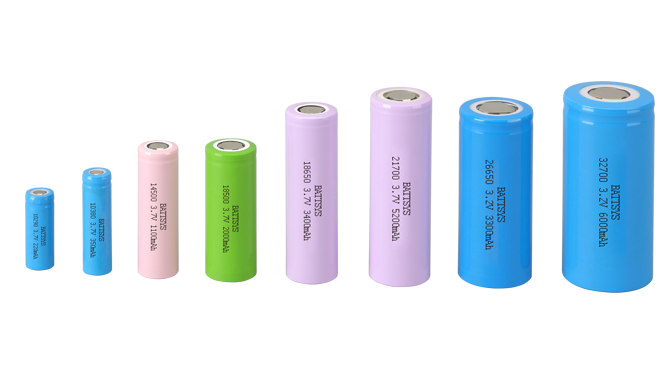What is the lifespan of lithium-ion batteries.
The service life of
lithium-ion batteries is generally 3-5 years and the number of cycles is around 300-500 times, but there may be different usage limits depending on different situations.
Moreover, during use, factors such as ambient temperature, charging and discharging time, charger compatibility, and storage methods can all affect the product's lifespan, as follows:
1. High or low ambient temperature: Lithium batteries are sensitive to both cold and heat, and should be avoided from use in harsh environments as much as possible. The migration rate of lithium ions in electrolytes and electrode sheets is closely related to temperature, and overheating or undercooling can affect their movement rate.

2. Charging time duration: Overcharging may cause a decrease in the lifespan of lithium batteries, and in severe cases, may even lead to safety accidents. Correct practice: After charging, immediately unplug the power supply.
3. Discharge time: Lithium batteries do not have memory function, so they can be charged when the accumulated amount of discharged electricity exceeds 80-90% of the battery capacity, without the need for deep discharge before recharging.
4. Whether the charger matches: The matching charger is also very important. Using miscellaneous chargers or incompatible fast chargers not only affects the service life of lithium batteries themselves, but can also cause explosions due to membrane damage and short circuits caused by overheating.
5. Storage method: For long-term unused lithium battery products, the voltage should be maintained at around 3.7V, and the battery capacity should be maintained between 40% and 60%. Within this range, the performance of lithium batteries is relatively stable.
